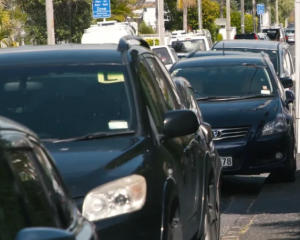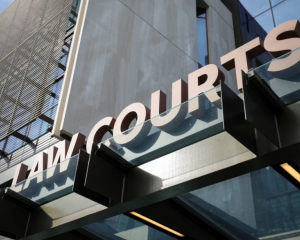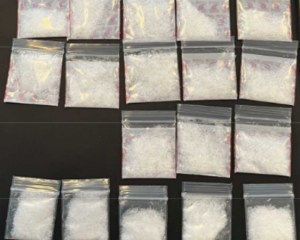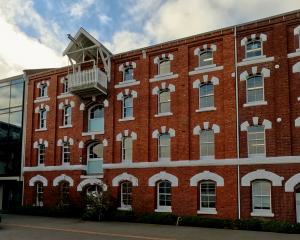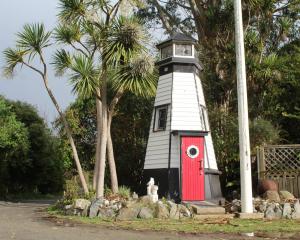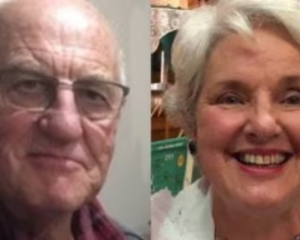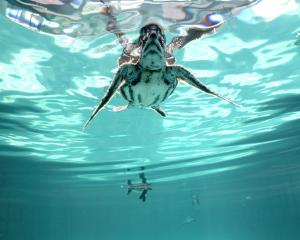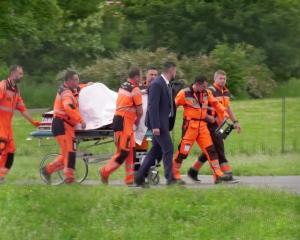The Cheviot Cricket Club is planning to build a new pavilion and upgrade the outfield on its ground, which is set amidst the grounds and exotic trees of a once large country estate, Cheviot Hills.
Although not as well-known as other New Zealand grounds, it has hosted famous cricketers with Australian player David Boon scoring a century there once.
Head groundsman Stu Dickson said the new pavilion is expected to cost around $1.1 million, with the club set to begin fundraising for it.
‘‘This is one of the least known cricket grounds in Canterbury, but outside of New Zealand it is quite renowned and we’ve had quite a few teams from Lords (England) come here in the past.
‘‘You’re not going to get another cricket ground with all these trees, which have been here for ever and a day.’’
The Hurunui District Council, which administers the Cheviot Hills Reserve, last month gave its support to demolish the earthquake-damaged pavilion and fundraising for a new one.
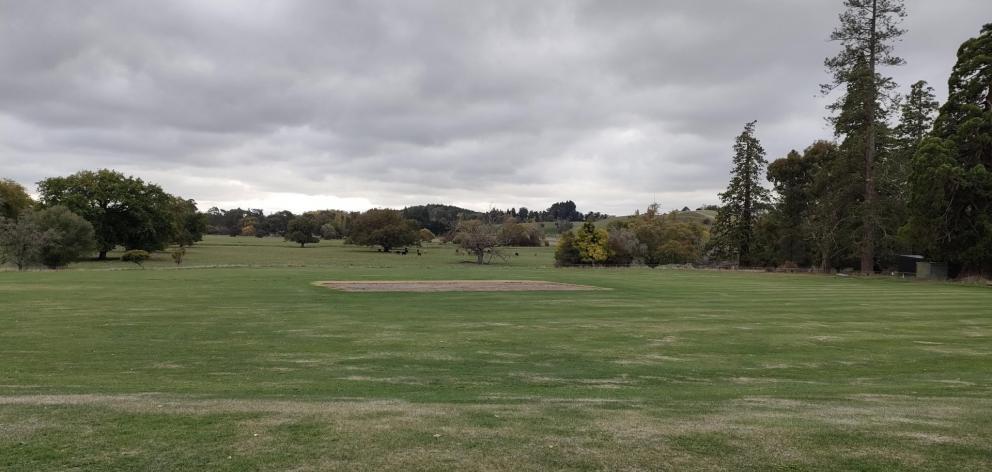
He said the idyllic ground has the potential to be used for 21st birthdays and social functions for the community as well as cricket matches.
‘‘It will cater to the needs of the community when they want to have gatherings and parties.
‘‘At the moment we can’t really do that because we have no power.’’
The outfield will be upgraded with drainage and a new turf made with drought and pest-resistant grass.
The club has already added a new cricket pitch and shed as part of the $1.6 million facelift.
When the work is finished, Mr Dickson plans to install a fence to protect the field from deer in a neighbouring farm.
The club hoped to host Canterbury Country matches and touring teams again once the upgrade is complete.
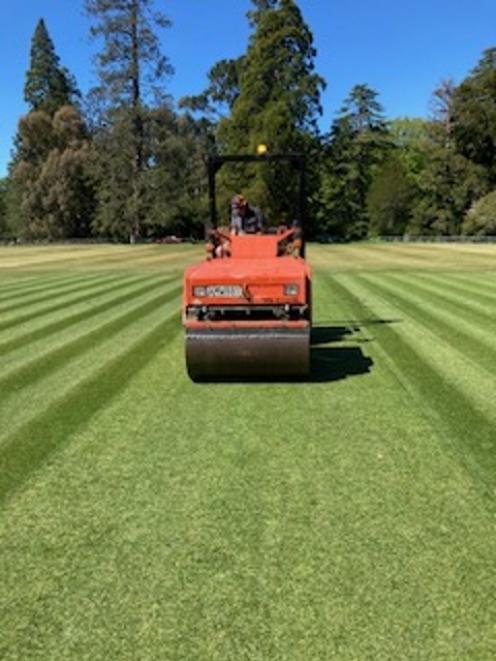
‘‘Sometimes for communities it is hard to let go of an old building, but they have taken a pragmatic approach in deciding to build new.
‘‘Cheviot has a strong history of cricket and they maintained the ground for a number of years with volunteers, so it is good to see them looking to the future.
‘‘It will be a real asset for the community.’’
■ The cricket ground was once the front lawn of the Cheviot Hills homestead.
The 84,000 acre estate was purchased by William ‘‘Ready Money’’ Robinson in 1855.
His ambition was to create an environment similar to an English manor, but with an Australian touch.
Numerous exotic trees from England, Australia and around the world were planted on the property, giving it the unique character it has today.
The estate was purchased by the government in 1893, splitting the property into smaller holdings.
Land around the homestead was turned into a reserve, but the homestead was destroyed by fire in 1936, with a shelter built which later became the cricket pavilion.
The Cheviot Cricket Club established a permanent home in the Cheviot Hills Reserve in 1953.
In the 1970s, the cricket ground underwent improvements, modelled on the Lords Cricket Ground in London and was officially opened by Walter Hadlee in 1978.
The following year, future Australian cricketer David Boon scored the first century on the ground, while playing for a Tasmanian under-19 team.
Other international teams have visited the ground, including teams from the Marylebone Cricket Club at Lords.
In 1987, an Australian under-17 team, which featured future international Stuart Law, played against a local colts team.
By David Hill, Local Democracy Reporter
■ LDR is local body journalism co-funded by RNZ and NZ On Air.


